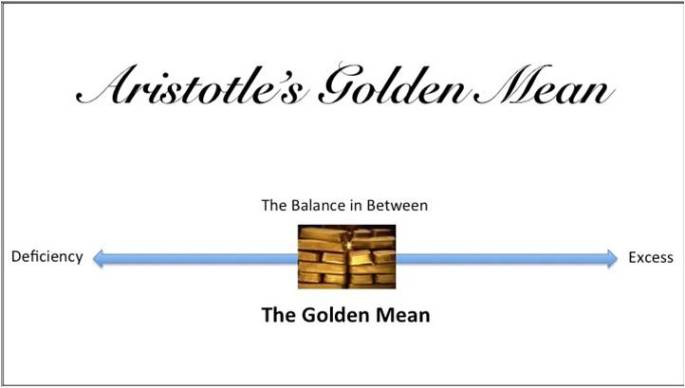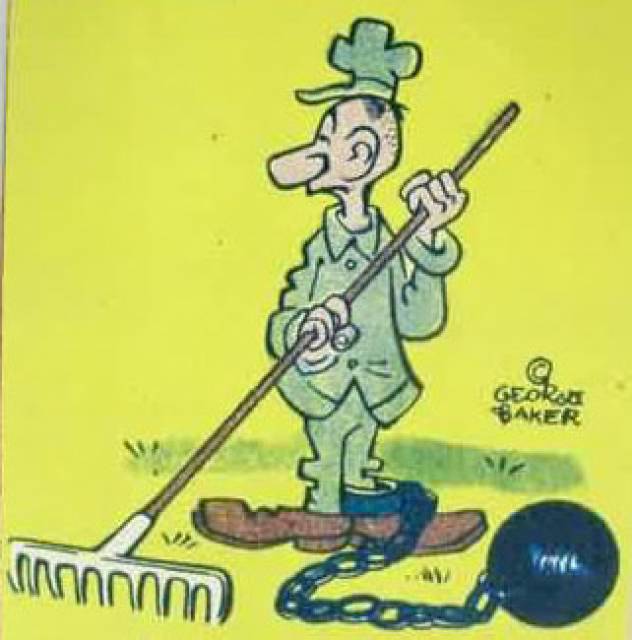
Isn’t that how most fairy tales begin… with that stock phrase that implies how things used to be… and like most fairy tales, end with the other phrase… they lived happily ever after? If the dental profession could be told in the form of a fairy tale, I don’t see it ending as they all lived happily ever after.
I started practicing dentistry in 1973. Some would call that The Golden Age of Dentistry. Looking back, I would say it was the end of a golden age. I have thought about the exact moment or moments that changed dentistry… like the day the earth stood still, or the day the music died, but I always come up empty. Things rarely change radically like a revolution, but rather unfold over time like Darwinian evolution.
Let’s begin this tale in 1973… what I am calling the beginning of the end. When I graduated, most dentists just hung up their shingle and started what has come to be known as their fee-for service dental practice. This was how we did things back then. Sure, there were alternative ways of practicing, like group practices and specialty practices, but the economic framework was pretty much cash and carry or fee for service.
Things seemed to be working well. The private practitioners worked well with the free clinics and the welfare offices of the time. In 1954, labor unions sought to add dental coverage as a fringe benefit and consulted with state dental societies in Washington, Oregon, and California to develop a benefit where care would be delivered in the dentist’s office.
I wasn’t practicing in 1954 but apparently the idea caught on. In 1966, Delta Dental was established and by that time dental insurance was on fire in the corporate and government arena. It was almost a political issue… but I don’t want to get ahead of myself. Most dentists even thought it was a good idea. I never complained in the early years. These days I am not a big fan of corporate entities getting involved in the marketplace… but that is a story for another day. In the early seventies, what did we know?
Let me diverge for a moment with another story… Plato’s Allegory of the Cave. An allegory is a story which acts as a metaphor for other points of view. Click on the link for a quick summary of the story. Imagine us sitting in the allegorical cave just watching the cave wall as images go by. In Ancient Greece, that may have truly been a cave but today I think more of a lecture hall or newsfeed, social media… or wherever we get our information. Facebook anyone? Plato used the term puppet master to represent the person who was controlling the images.
As insurance entered into the marketplace, we were fed many stories from various special interest groups until the entire landscape of dentistry changed. In my day, we had the early development of closed panel groups which were the early versions of what legitimate insurance companies converted into PPOs. As years went by, insurance plans converted from total indemnification plans to PPO’s and the thankfully unpopular HMOs.
But slowly people were losing their freedom of choice. Slowly… slowly… slowly… not only doctors but patients as well. If you were around back then, you would occasionally read messages sent from insurance companies that were meant to coerce patients to join their plans. (“You can keep your own doctor.” Really?)
The Stoics believed in free will. People wanted to decide for themselves free of coercion. But outside interests from labor unions, insurance companies and in some cases organized crime were coercing patients to join their plans – upsetting the marketplace… slowly, slowly, slowly.
And it worked. We no longer have what Adam Smith called the invisible hand of the marketplace.
I am probably preaching to the choir. Understanding this concept may be attacking someone’s personal view of the world or work, or life in general. I get that. It’s an uphill battle… steeper now than in the seventies. What concerns me most of all is the well-being of individuals. What is best for the good of all. Through the years I have watched the dental profession change from a highly desirable destination for young people to a battleground for the health-care marketplace.
We need to look out for the good of all the players… doctors, patients, team members, lab technicians… all of the frontline workers.
So, I wonder what the future holds. Will we continue to devolve? Or will there be a movement of leadership that has not existed in the past. My new book, The Porch, tells the story of a young dentist who is struggling with burnout. He meets his mentor who tries to combat the forces in dentistry and dental education with his own brand of leadership—an authentic, virtues-based leadership that confronts dentistry’s gatekeepers in a subtle manner and begins to change the tide by calling out the puppet masters.
Don’t we all want this story to end happily ever after?
CLICK HERE TO ORDER YOUR COPY OF THE PORCH TODAY AND GET THE ART OF CASE PRESENTATION FOR FREE WHILE SUPPLIES LAST!
 Download Our Free E-Book
Download Our Free E-Book




